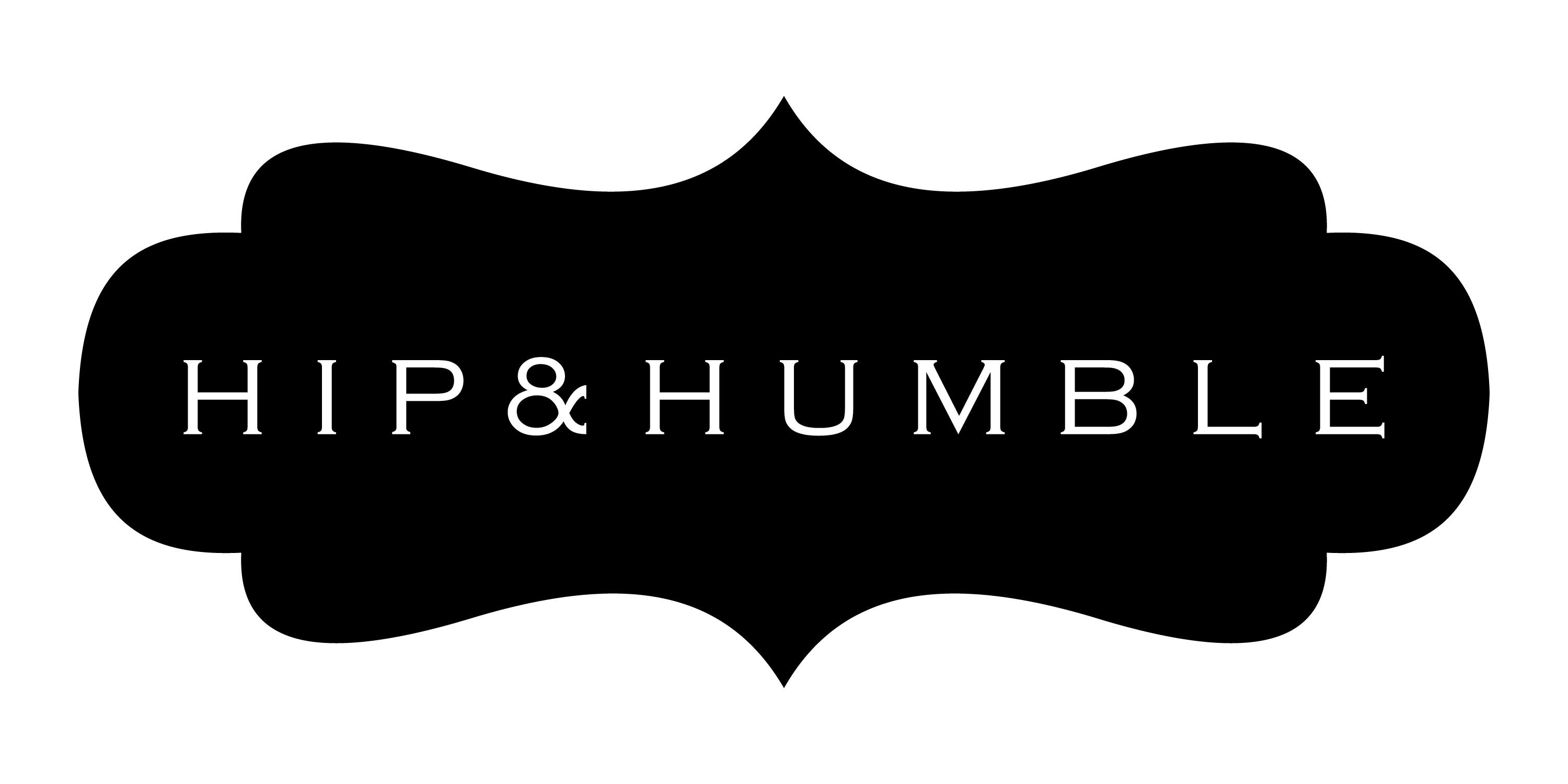Women’s Week is an annual, weeklong event focused on gendered issues and challenges faced in today’s climate and cultural movements. All are welcome to get involved and participate!
Women’s Week 2024 is sponsored by 
The Week is planned by a volunteer committee of students, faculty, trainees, and staff collaborating across the university. If you’d like to join our committee, share any ideas, sponsor events, or volunteer for Women’s Week, contact us at edi-events@utah.edu.

 Upcoming
Upcoming Virtual
Virtual